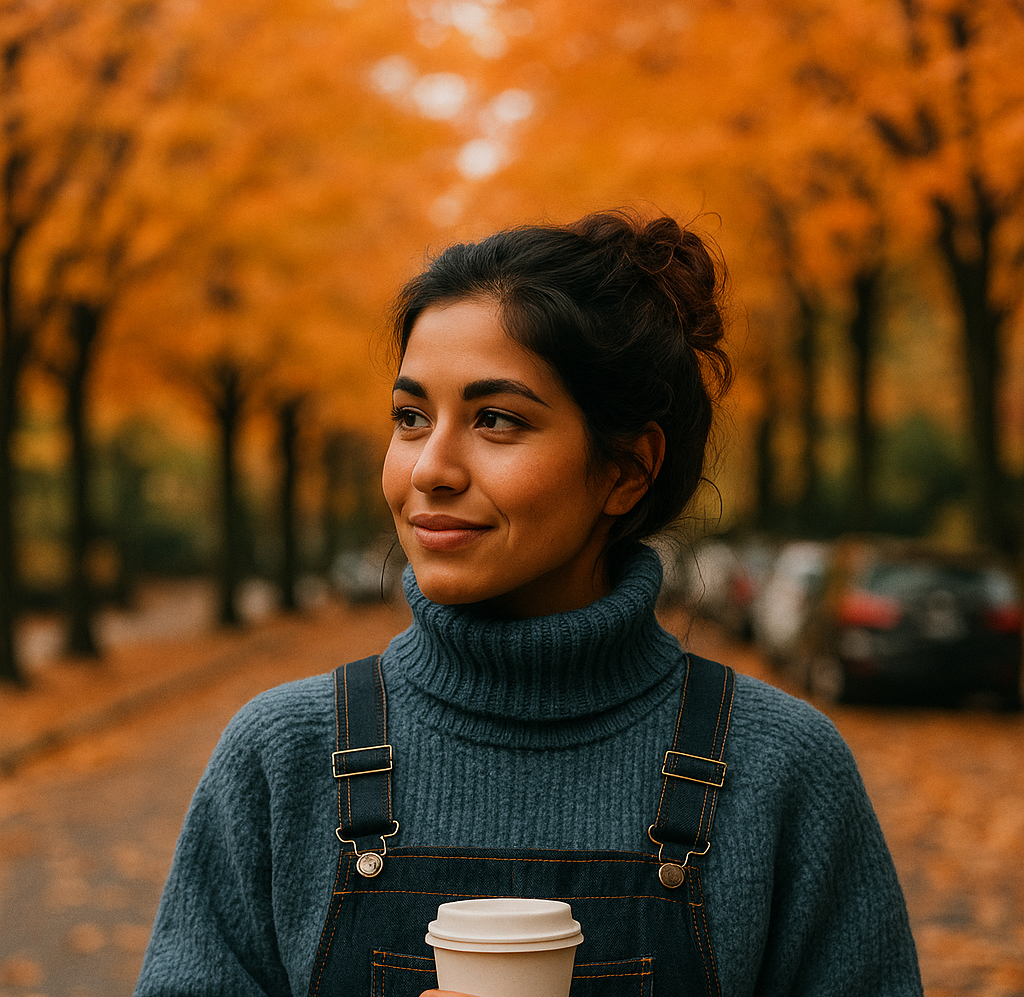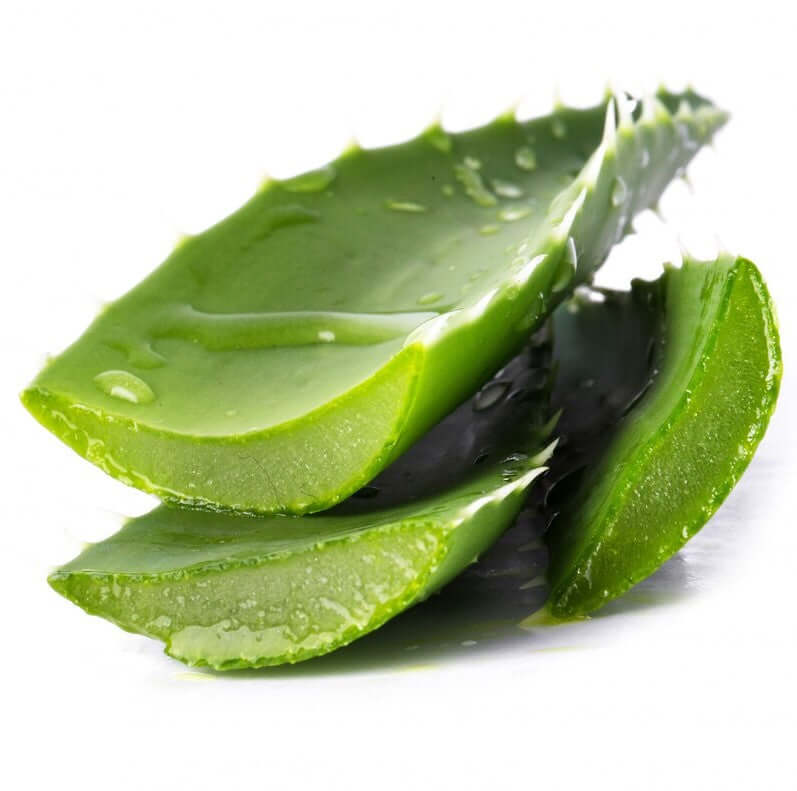How to Brighten Tired Eyes: The Truth About Dark Circles (Dermatologist-Approved Solutions)
Okay, let’s be honest—nothing makes me look more exhausted than waking up with dark circles. Even after a full night’s sleep, sometimes my under-eyes still look like I pulled an all-nighter. If you’ve been there too, you know how frustrating it can be. But here’s the good news: dark circles aren’t something you have to just “live with.”
Over the past few years, I’ve gone down the skincare rabbit hole (and trust me, it’s deep). After trying different eye creams, lifestyle tweaks, and researching dermatologist-backed methods, I finally learned what actually helps fade those stubborn shadows. So, if your eyes need a little brightening, keep reading—I’m breaking it all down.
What Really Causes Dark Circles
Let’s clear one thing up: dark circles aren’t just from lack of sleep. Sure, staying up late binge-watching Netflix doesn’t help, but there’s a lot more going on. According to the American Academy of Dermatology (AAD), genetics, pigmentation, and thinning skin are major contributors. Allergies and lifestyle habits like dehydration, poor diet, or excessive screen time can make things worse too.
For me, I noticed my circles were way worse when I wasn’t hydrating enough or was constantly rubbing my eyes during allergy season. Once I started tracking my sleep and using more hydrating skincare, things slowly improved. It’s a good reminder that dark circles aren’t always about one cause—it’s usually a mix of genetics, lifestyle, and skincare habits.
Dermatologist-Recommended Treatments That Actually Work
1. Topical Creams and Serums
Most dermatologists start with topical solutions because they’re non-invasive and easy to integrate into your routine. Ingredients like Vitamin C, Retinol, and Hyaluronic Acid are dermatologist favourites for a reason. Vitamin C helps brighten and protect against free radicals, Retinol boosts collagen and fades pigmentation, and Hyaluronic Acid plumps the skin, reducing that “tired” look.
I personally love pairing these with a hydrating eye serum that’s lightweight but effective. If you’re looking for something like that, Gentle Skin Essentials’ HydraPaise Eye Contour Serum is a great pick. It’s packed with Hyaluronic Acid and seaweed peptides to firm and brighten—basically, it’s like a tall glass of water for your under-eyes.
2. Laser Treatments and Dermal Fillers
For stubborn circles caused by hollowing or visible veins, dermatologists often recommend laser treatments or hyaluronic acid fillers. According to a 2023 review in the Journal of Clinical and Aesthetic Dermatology, laser resurfacing can reduce pigmentation and improve collagen density, while fillers restore volume under the eyes to soften shadows.
I haven’t personally gone down that route yet, but a friend of mine did laser resurfacing combined with a Vitamin C serum routine, and the improvement was wild—her under-eyes looked brighter and smoother within weeks. Just make sure to see a board-certified dermatologist for these treatments; they’ll tailor them to your skin type.
Power Ingredients That Make a Real Difference
When you start comparing eye creams, the ingredient lists can be overwhelming. But here’s the cheat sheet dermatologists usually agree on:
- Niacinamide: Brightens and helps fade hyperpigmentation.
- Bakuchiol: A plant-based retinol alternative that’s gentle and pregnancy-safe.
- Vitamin K: Improves vascular discoloration from visible veins.
- Milk Thistle Extract: Calms inflammation and protects from oxidative stress.
- Alpha-glucosyl hesperidin: Strengthens capillaries and boosts circulation.
Dermatologists often suggest layering lightweight serums with humectants and antioxidants for best results. Consistency is key—no product will erase dark circles overnight, but with regular use, you’ll see noticeable brightening over time.
Lifestyle Changes That Help Fade Dark Circles
Here’s where most people overlook the basics. The AAD emphasizes that even the best skincare won’t work if your daily habits aren’t helping. Things like hydration, nutrition, and sleep make a huge difference. I try to drink at least two litres of water daily, eat foods rich in Vitamin C (like oranges and bell peppers), and always remove my makeup before bed. It’s so simple but so effective.
And please don’t skip sunscreen. The skin around your eyes is super thin, and UV rays deepen pigmentation. A gentle mineral SPF is perfect for this area. For an extra glow boost, I like using the Gentle Skin Essentials Rice Water Brightening Toner in the mornings—it evens tone and preps skin beautifully before SPF.
Advanced Treatments: Chemical Peels & Laser Resurfacing
If you’ve tried all the at-home stuff and still feel stuck, dermatologists sometimes recommend chemical peels or laser resurfacing. These go a bit deeper to renew skin texture and tone. One study in the Journal of Cutaneous and Aesthetic Surgery found that combining mild chemical peels with laser therapy reduced dark pigmentation in over 70% of participants after three months.
Putting It All Together: A Realistic Routine
If you’re not sure where to start, here’s a simple plan that balances what dermatologists recommend with what’s doable for a student schedule:
- Morning: Cleanse → Toner → Vitamin C serum → Eye serum → SPF.
- Evening: Double cleanse → Hydrating or Retinol eye cream → Moisturizer → Water before bed.
- Weekly: Use a cool compress or hydrating mask to reduce puffiness.
The main thing is to stick with it. I gave up too soon before, but once I followed a consistent routine for two months, the difference was obvious. Fewer shadows, smoother texture, and overall brighter eyes.
The Finisher
Dark circles might be common, but they’re not unbeatable. With a mix of dermatologist-backed ingredients, consistent skincare, and better habits, you can absolutely brighten your eyes and feel confident again. Whether you go for a Vitamin C serum, professional treatment, or both, your future self (and your under-eyes) will thank you.
Here’s to bright eyes, good coffee, and the confidence of looking well-rested—even after late-night study sessions.



